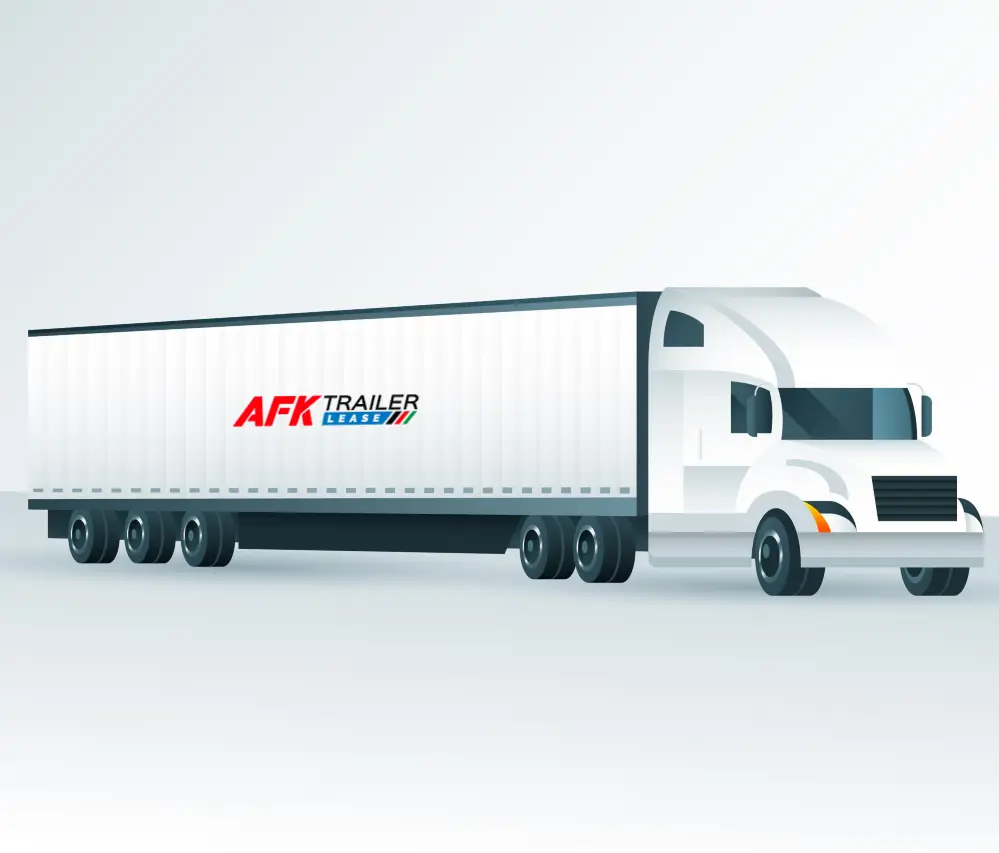Trailer rental is convenient and cost-effective when moving or hauling goods in need of transportation. Whether you want to rent a trailer for a one-time use or consider it a source of extra money, this guide will help you through the process.
Before we dive into the details of trailer renting needs, let’s discuss the difference between trailer leasing and renting.
Renting vs Leasing: Which is Right For You?
The decision to rent or lease a trailer often depends on how often and for how long you need it. If you need a trailer for a shorter period and your requirements vary occasionally, renting might be a better option.
Conversely, if your demand for a trailer spans months or years and you have consistent needs, leasing can provide long-term financial benefits and ensure uninterrupted service.
However, whether you opt for renting or leasing, knowing the distinction can help you make informed decisions that align best with your specific requirements and budget constraints.
How much does renting a trailer cost?
When renting a semi or full trailer, it is essential to consider various factors that may impact the overall pricing without providing exact numbers. The following aspects can influence the expenses related to each option:
- Type of Trailer
- Size
- Rental Duration
- Geographical Location
- Seasonal Demand
These tips will help you understand the costs without relying on exact numbers, allowing you to make an informed decision.
Understanding the Trailer Rental Process
Renting a refrigerated trailer is easier than you may think.
However, there are a few key factors that every potential renter should know before they sign the agreement.
Fact or Fiction: Do Truck Drivers Assist with Loading and Unloading?
One of the most common concerns when renting a refrigerated trailer is figuring out the logistics of loading and unloading.
Typically, the responsibility of loading and unloading lies with the renter, not the driver. It’s a ‘you pack, you load’ concept. Hence, if renting a semi-trailer, consider getting help or using moving equipment to make the process smoother.
[Ryder has written a perfect post on “Best Practices in Recruiting and Retaining Professional Truck Drivers.”]
Pros and Cons of Renting a Trailer In Your Area.
Before diving into the trailer rental world, weighing the pros and cons is crucial.
Pros:
- Flexibility: Based on your immediate requirements, rent a trailer and return it after completing the job.
- Variety: Trailers are different types and sizes based on your needs.
- Cost-effectiveness: Leasing a trailer can be more affordable than purchasing one, especially if you’re not a regular user.
Cons:
- Availability: The desired type and size may only sometimes be available, especially during peak times.
- Hidden costs: Additional charges like insurance and late return fees can add up.
Key Considerations
Renting a trailer should be a smooth decision. Here’s what you need to assess:
- Requirements: Determine the type and size of the trailer you need.
- Cost: Factor in all the additional expenses related to the rental. Ask for a complete breakdown to avoid surprises.
- Safety: Ensure the trailer meets safety standards and is properly maintained.
- Contract: Always read the rental agreement carefully before signing.
Now that you know your way around trailer rentals, it’s time to explore this affordable option to address your hauling needs. Happy hauling!



